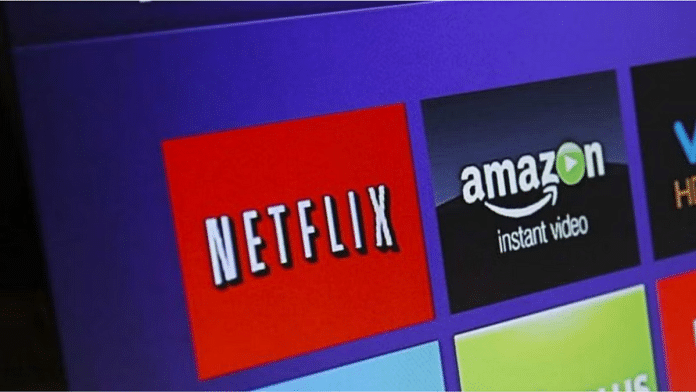The Indian telecommunications industry faces a sad predicament today. Icons of India’s digital revolution and the nation’s ascension as a digital economy, telecom service providers will continue to bear the massive burden of driving the highly ambitious digital agenda alone. Providing ubiquitous, affordable, and expansive digital connectivity services across the diverse and difficult topography of the country isn’t enough anymore. But would it be possible to do more at the cost of losing business viability or even by risking sustenance?
We are in an era of convergence when new and sophisticated technologies are emerging every day and existing ones are evolving at a rapid pace. It is no surprise, then, that these technological advancements are being leveraged to the maximum by new applications and services like OTTs, which create and then cater to a demand for the same.
The incredible digital proliferation, once again thanks to the telcos, has led to a massive surge in data transmission, with millions streaming, downloading, and sharing content simultaneously. While this aligns well with the Digital India mission’s objectives, it also poses significant challenges for TSPs, which are struggling with the escalating capital expenditure (capex) required to support this data deluge and ensuring both capacity and quality for the consumers at the same time.
While the mammoth investments by TSPs in acquiring spectrum to ensure bandwidth grab headlines every now and then, the ‘unsung’ investments in network deployments, upgrades, operations, and maintenance go unnoticed. Pan-India telecom networks, created through decades of efforts and continued colossal investments, seem to be taken for granted and expected to serve as free rides for the OTTs and similar services.
Not giving back to India
Digital India envisions a digitally inclusive society, ensuring that the benefits of the revolution reach every nook and corner of the country. Given this ambitious objective and keeping in mind the price-sensitive nature of the Indian market, it is neither feasible nor preferable that consumer prices be hiked to ensure sustenance and business viability as often suggested by some. It is only prudent that telcos will look at more practical avenues to gather support for the immense financial obligations to deliver the nation’s digital goals. The focus, invariably and inevitably, would be on networks, applications, and innovative services that include OTTs.
The OTTs, especially the large traffic generators (LTGs) that generate the majority of the internet traffic, are happy to earn from both consumers and advertisers, racking up exponential revenues by exploiting telecom networks. But when it comes to giving back to the networks, they are indifferent, or rather hostile. It is ironic that these entities, majorly owned by global tech giants whose individual revenues probably far surpass the collective ones of all Indian TSPs together, are strongly opposed to contributing to the network building, maintenance, and upgradation costs of the telcos. Moreover, they deliver leviathan revenues to their home countries — and little to no contributions to the Indian government as they do not pay any license fee or regulatory costs/expenses, which are borne by TSPs.
The concept and practice of payment to infrastructure providers is not a unique one. If we look at sectors like broadcasting, railways, or roadways, users of the infrastructure pay to the providers. This could be in the way of some charges levied by broadcasters or in the form of toll/municipal taxes or freight carriage charges in railways. So what prevents OTTs from paying a similar fair-share charge to cash-strapped telcos?
Contrary to some misguided opinions being floated in various forums, a fair-share contribution from OTTs will not violate net neutrality. Indian telcos are bound by their licence conditions to ensure net neutrality and will continue to do so, fair-share or not.
Expect more financial burden ahead
As we stare into a future of more advancements in technology and further convergence of digital and communication platforms, especially with the introduction of 5G, 5G+ and our aspirations for the future 6G, it’s realistic to expect the emergence of more bandwidth-heavy applications and services. This means both capex and investments to deliver them would also soar—and become impossible for the telcos to bear alone.
If we are to truly realise the Digital India vision, collaborative efforts and responsible contributions need to be made by all the stakeholders involved. Only this can ensure sustainability and advancement of the continued incredible journey of India’s technological growth and prowess.
Lieutenant General Dr. S. P. Kochhar is Director General of COAI (Cellular Operators Association of India). A decorated military veteran, he retired as ‘Signal Officer in Chief’, the head of the ICT wing of the Indian Army. Views are personal.
(Edited by Humra Laeeq)



